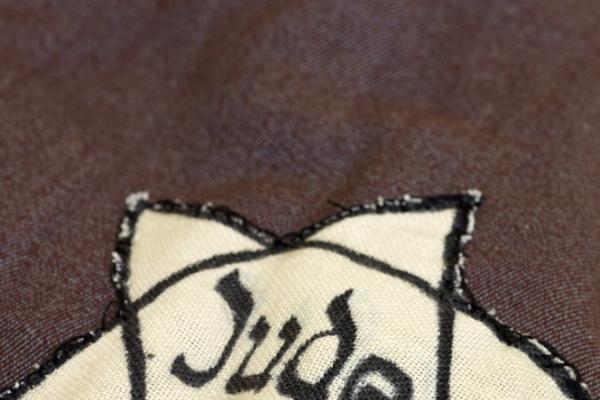Mar 2, 2016
“Contaminated by the monstrous and rooted ‘certitude’ that in this catastrophic and absurd world there exists a people chosen by God … the Jews endlessly scratch their own wound to keep it bleeding, to make it incurable, and they show it to the world as if it were a banner,” read Daniel Jonah Goldhagen, at a Georgetown University conference Feb. 29 on anti-Semitism in Europe.
“Now, if I told you that these were the words of a Hamas leader, or any number of Middle Eastern political officials, or movement leaders, you wouldn’t be very surprised,” he said.
“But these were the words of Jose Saramago, the Nobel Prize-winning author, as published in 2002 in El Pais, the paper of record of Spain.”
Read the Full Article

Already a subscriber? Login
